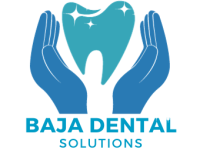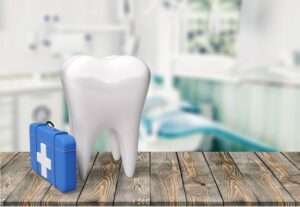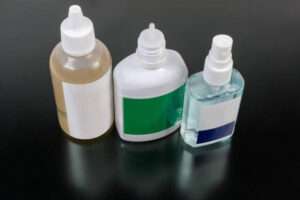Table of Contents
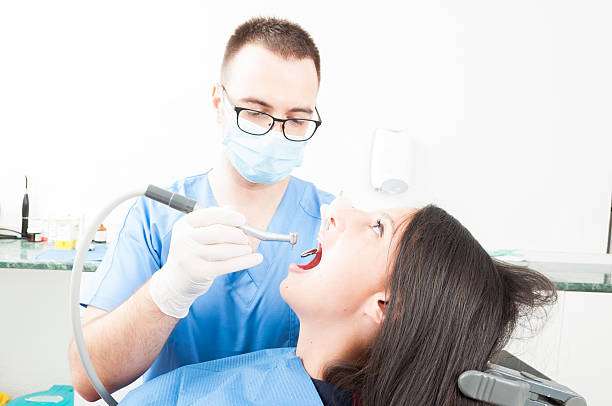
Let your smile shine – a powerful tool that lights up rooms and leaves a lasting impression. Behind that captivating grin lies the key to maintaining not just oral health but overall well-being. In this deep dive, we’ll explore the numerous advantages of regular dental cleanings, address common questions, weigh the pros and cons, and emphasize the critical role of effective teeth brushing.
6 Benefits of Regular Dental Cleanings
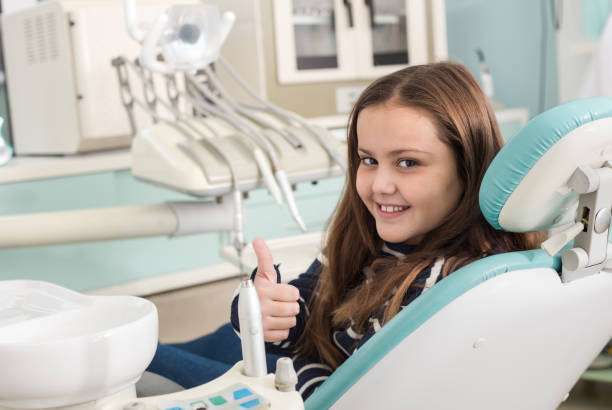
1. Preventing Dental Issues
Regular dental cleanings, such as those provided by Baja Dental Solutions in Tijuana Mexico, act as a proactive measure against potential dental problems. The removal of plaque and tartar during these sessions helps stave off issues like cavities, gingivitis, and periodontal disease.
2. Enhancing Aesthetics with a Brighter Smile
Beyond health, dental cleanings contribute to the aesthetic appeal of your smile. By removing surface stains and polishing the teeth, you can achieve a noticeably brighter and whiter appearance.
3. Gum Disease Prevention
Thorough dental cleanings play a crucial role in preventing gum diseases. By eliminating bacteria that can lead to inflammation and infection, cleanings contribute to maintaining optimal gum health.
4. Early Detection of Oral Cancer
Regular dental check-ups during cleanings involve a comprehensive examination. This allows dentists to detect early signs of oral cancer, ensuring timely intervention and improved outcomes.
5. Fresh Breath Assurance
Bid farewell to persistent bad breath. Dental cleanings target the root causes of halitosis by removing bacteria and plaque, leading to a breath of fresh air.
6. Preserving Overall Health
Well-being weaved with oral health – a crucial connection. Regular cleanings contribute to preventing systemic diseases associate d with oral health, such as cardiovascular issues and diabetes.
The Significance of Effective Teeth Brushing
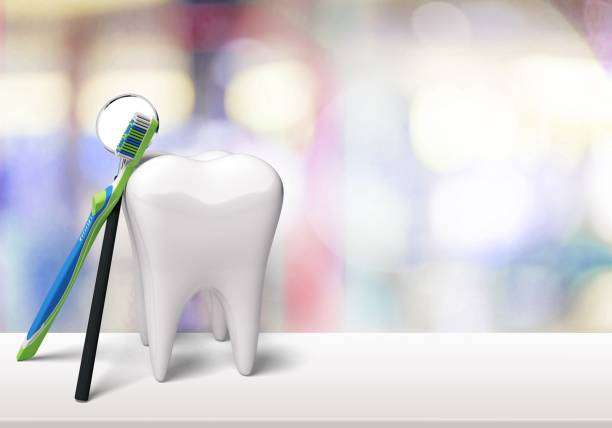
Ensuring optimal oral health extends beyond professional cleanings. Effective teeth brushing is a cornerstone of daily oral care. It helps prevent plaque buildup, reduces the risk of cavities, and maintains fresh breath.
How Important Is Brushing Your Teeth?
Brushing your teeth is paramount. It removes food particles, plaque, and bacteria, safeguarding against various dental issues. The American Dental Association recommends brushing at least twice a day using fluoride toothpaste.
Advantages of Regular Dental Cleanings
- Cost-Effective Prevention: Investing in regular cleanings is more economical than dealing with extensive dental treatments for preventable issues.
- Enhanced Confidence: A healthy, clean smile boosts confidence, encouraging social interactions and professional success.
- Customized Oral Care: Dental cleanings provide an opportunity for personalized advice on oral care practices tailored to your specific needs.
- Painless Process: Contrary to common myths, dental cleanings are a painless and quick procedure, ensuring minimal discomfort.
- Long-Term Oral Health: Consistent dental cleanings contribute to sustained oral health, preventing long-term complications.
Disadvantages of Regular Dental Cleanings
- Cost Consideration: For some, the cost of regular dental cleanings may be perceived as a disadvantage. However, it’s essential to weigh this against potential future dental expenses.
- Time Commitment: While dental cleanings are relatively quick, some individuals may find the time commitment challenging in their busy schedules.
- Sensitivity Post-Cleaning: Some individuals may experience temporary tooth sensitivity after a cleaning, but this is usually short-lived.
FAQs
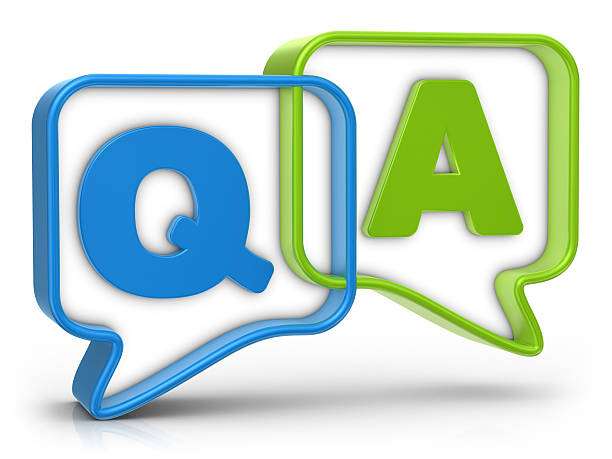
Regular dental cleanings every six months are highly advised for optimal oral health. However, individuals with specific conditions may require more frequent cleanings.
No, dental cleanings are typically not painful. The process involves gentle scaling and polishing to remove plaque and tartar.
Yes, dental cleanings can contribute to teeth whitening by removing surface stains. For more intensive whitening, additional treatments may be recommended.
When performed by a qualified professional, dental cleanings are generally safe. However, individuals with certain health conditions should inform their dentist to ensure appropriate precautions are taken.
Even with meticulous oral care, professional cleanings are essential to reach areas that may be challenging to clean at home, preventing potential issues.
Yes, regular cleanings help prevent cavities by removing plaque, which is a breeding ground for cavity-causing bacteria.
On average, a dental cleaning appointment lasts between 30 minutes to an hour, depending on the extent of cleaning required.
Regular cleanings focus on plaque and tartar removal from the tooth’s surface, while deep cleanings involve scaling below the gum line to address more severe gum issues.
Many dental insurance plans cover routine cleanings. It’s advisable to check with your provider to understand the extent of coverage.
While you can eat and drink after a dental cleaning, it’s recommended to avoid consuming staining substances immediately to maximize the benefits of teeth polishing.
Conclusion: A Smile That Speaks Volumes

In conclusion, the benefits of regular dental cleanings are multifaceted, encompassing both oral health and aesthetic enhancements. Embracing this preventive measure not only safeguards against potential issues but also contributes to overall well-being. As you embark on this journey towards a healthier smile, remember to complement professional cleanings with diligent daily oral care practices.
Considerations and Candidacy

Individuals of all ages, from children with cavity-prone teeth to adults seeking comprehensive oral care, are ideal candidates for regular dental cleanings. It’s an inclusive practice that caters to the diverse oral health needs of individuals.
Visit our website:
- Baja Dental Solutions at Tijuana Mexico – Trust the experts at Baja Dental Solutions for high-quality dental care.
